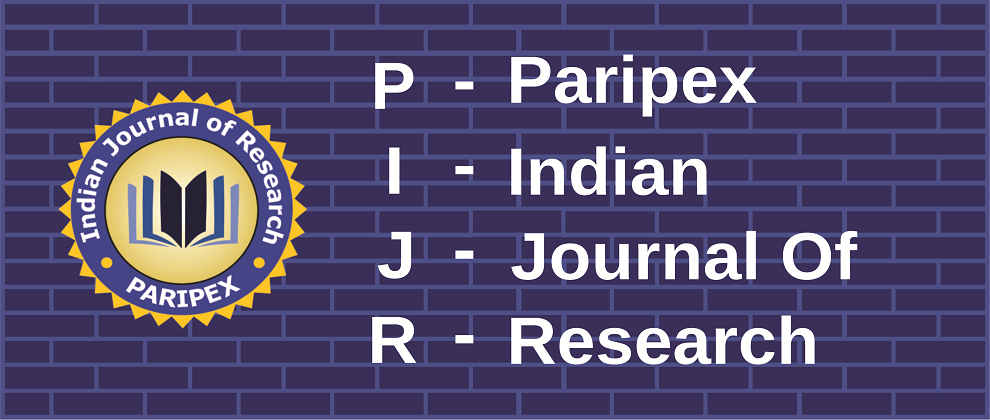Volume : VIII, Issue : VII, July - 2019
TRANSGRESSIVE SEXUALITIES, QUEER SPACE AND HOMOPHOBIA IN THE BOYFRIEND BY R. RAJ RAO
Aakankhita Sharma
Abstract :
Homosexuality is alien to the Indian culture and it is considered as a taboo, a kind of immoral act, deviation from the norm, though there are indications of the existence of lesbians and gays in ancient Indian literature, culture and architecture. Sigmund Freud is of the opinion that all men are born bisexuals which suggests that homosexuality is as natural and normal as heterosexuality. But due to the societal and ideological constructs, homosexuality is considered as abnormal, eccentric, unnatural sexual behaviour and people with homosexual desire are considered as transgressors of norm. Thus, these people face discriminations in the homophobic Indian society and are relegated to the margins of the society. They are not allowed to assimilate in the mainstream Indian culture and are forced to live in the closets and hence they have to lead a double life both as a heterosexual and a homosexual. Since homosexuality is considered as uncivilized and immoral, the mainstream Indian society does not give space to these people to lead a normal life. Everywhere they have to live under surveillance. Therefore, these people are always in search of their own spaces where there would be no surveillence to their lives. The aim of this paper is to study the representation of the queer spaces in the Indian society and how these spaces try to destabize the heteronormativity of the Indian society in R Raj Rao‘s The Boyfriend. An attempt shall also be made to study the inherent homophobia of the society and whether the queer protagonists of the novel are able to free themselves from this homophobia of the society or they are also the victim of it.
Article:
Download PDF
DOI : https://www.doi.org/10.36106/paripex
Cite This Article:
TRANSGRESSIVE SEXUALITIES, QUEER SPACE AND HOMOPHOBIA IN THE BOYFRIEND BY R. RAJ RAO, Aakankhita Sharma PARIPEX‾INDIAN JOURNAL OF RESEARCH : Volume-8 | Issue-7 | July-2019
Number of Downloads : 567
References :
TRANSGRESSIVE SEXUALITIES, QUEER SPACE AND HOMOPHOBIA IN THE BOYFRIEND BY R. RAJ RAO, Aakankhita Sharma PARIPEX‾INDIAN JOURNAL OF RESEARCH : Volume-8 | Issue-7 | July-2019


 MENU
MENU

 MENU
MENU


